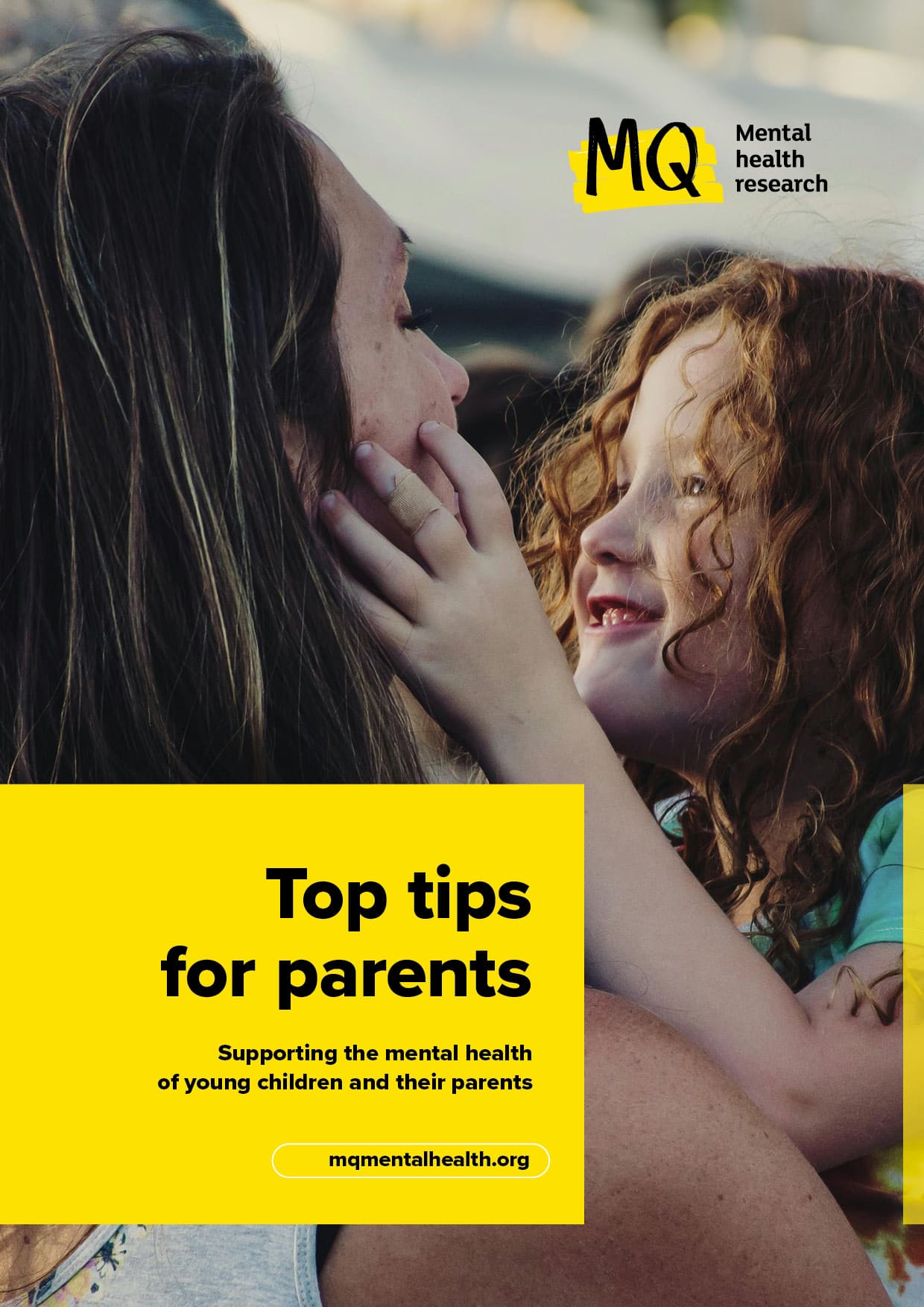At a glance
- Starting university is a time of increased psychological vulnerability.
- About 75% of lifetime mental health conditions emerge by age 24, and many first-year University students already meet the criteria for at least one common mental disorder when they enrol.
- There are notable rates of new cases and persistence of existing mental health disorders during the first year of University, in some cases, sex and LGBTQ+ status seem to be associated with higher risks.
- Embedding evidence-based support strategies into university life can provide accessible, cost-effective support for vulnerable students.
Written by Dr. Esther Beierl, Postdoctoral Researcher and MQ Ambassador
Status Quo on Mental Health at University
Starting university is often described as a period of independence and exploration, but for many, it is also a time of heightened psychological vulnerability. Epidemiological studies show that approximately 75% of all lifetime mental health conditions emerge by the age of 24. Therefore, the beginning of higher education coincides with a critical window for both the development and recognition of mental disorders.
Research shows that a substantial part of first-year university students already meet criteria for at These conditions are associated with reduced academic performance, lower social integration, and an increased risk of dropout. This makes student mental health not only a public health priority but also an academic imperative.

Why Trajectories Matter
Despite the significance of the issue, most existing research has been cross-sectional, nation-specific and often limited to 1-2 disorders.
Large-scale, longitudinal data that capture the trajectories of mental health issues over time are needed. These might better reflect the lived experience of students, for example, that conditions may change over time. Data on new incidence (the development of a disorder), recurrence (the disorder returns), and persistence (the disorder remains ongoing) are crucial for informing prevention and intervention programs targeted at students.
Pictured left: Dr Esther Beierl
The WHO WMH-ICS Initiative
The World Mental Health International College Student initiative, part of the World Health Organization’s World Mental Health Survey Initiative was designed to address these gaps. It is the largest international longitudinal study of student mental health, with harmonised and weighted baseline data from over 60,000 students at 67 universities across 13 countries.
11,549 students from 30 universities in 12 countries provided mental health outcome data at follow-up, 12 months after the initial assessment (Baseline). This enables researchers to investigate trajectories of mental disorders during the first year of higher education.
I have analysed the trajectories of eight mental disorders over the first year at university that have been assessed in online surveys from 2017–2023 using DSM-5–aligned, standardised screening tools adapted for self-reports: major depressive disorder (MDD), generalized anxiety disorder (GAD), panic disorder (PD), post-traumatic stress disorder (PTSD), bipolar I/II disorder (BP), alcohol use disorder (AUD), drug use disorder (DUD), and attention-deficit/hyperactivity disorder (ADHD).
My first analyses investigated sociodemographic predictors, such as sex assigned at birth, LGBTQ+ status, parental education, and age at baseline. I estimated various prevalences at baseline and follow-up. I developed statistically rigorous models to analyse those data and estimated relative risks for incidence, persistence, and recurrence across these sociodemographic groups.

Preliminary Findings
Although full results from my analyses are forthcoming, some preliminary findings already provide important insights. A substantial proportion of students reported having already had one or more mental disorders in their lifetime or at baseline, consistent with prior WMH-ICS research. The data showed notable rates of new incidence and persistence across disorders. First results suggest that sex and LGBTQ+ status are not only predictors for static estimates, such as prevalences, which were found in previous research , but also for some unfavourable trajectories of mental health issues.
Implications for Higher Education
The WMH-ICS data offer unprecedented insight into how mental health issues develop, recur, and persist during the first year at university.
By shifting focus from static prevalences to dynamic trajectories, this research provides universities, clinicians, and policymakers with actionable evidence to design sustained support systems. The first analyses show some sociodemographic disparities. Universities should therefore consider tailored prevention and intervention approaches, rather than one-size-fits-all programs.
Importantly, the WMH-ICS initiative has not only measured mental health outcomes but also developed and tested interventions tailored for university students, such as internet-based prevention programs and stepped-care models (see Harvard Medical School, 2025, for a list of publications). These interventions demonstrate how global research can be translated into scalable solutions that address students’ needs worldwide. Embedding such evidence-based strategies into university life can provide accessible, cost-effective support to large student populations. It is essential to ensure that universities are not only places of learning but are also recognised as public health settings that foster mental well-being and promote long-term academic success.
Thanks to the WMH-ICS data and the collaborative efforts of researchers worldwide, we are equipped with large-scale, longitudinal data to understand mental health trajectories in university students and what it takes to support them during the first years at university. I am very much looking forward to further analysing these data to gain a deeper understanding of student mental health across the globe and contribute to the translation of these findings into meaningful prevention and intervention programs.
Acknowledgements: Many thanks to my colleagues in the WMH-ICS longitudinal working group, especially Prof. Annelieke Roest and Nan Zhao (University of Groningen), Prof. Ron Kessler and his team (Harvard University), and Prof. David D. Ebert (Technical University of Munich), for their outstanding collaboration on this international project.
Supporting children & young people’s mental health
To celebrate World Mental Health Day, MQ has produced a new resource for the parents of young children. Packed with evidence-based tips and links to resources, this pack cuts through the noise to give the best advice on how to keep your child, and yourself, mentally healthy.
The post The First Year Counts: Global Insights into Student Mental Health Trajectories first appeared on MQ Mental Health Research.


